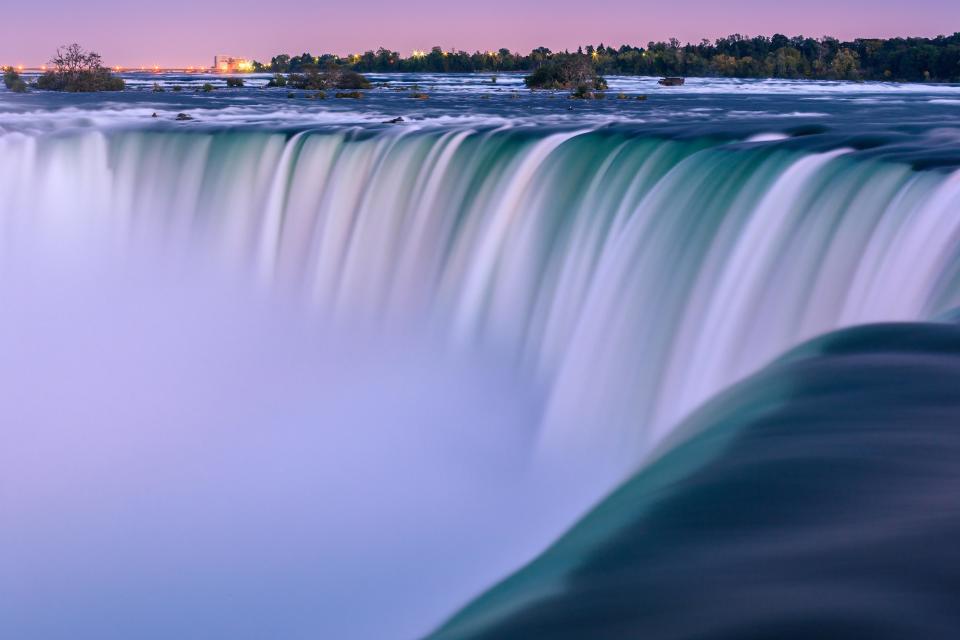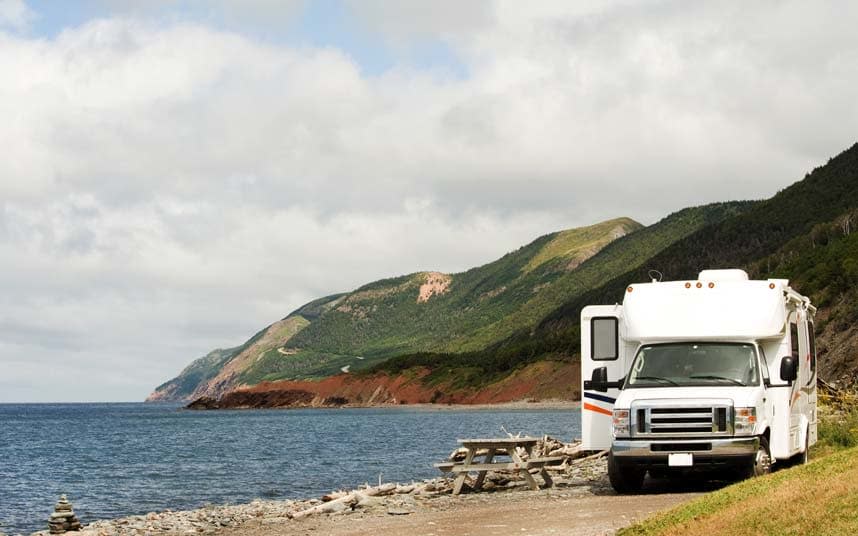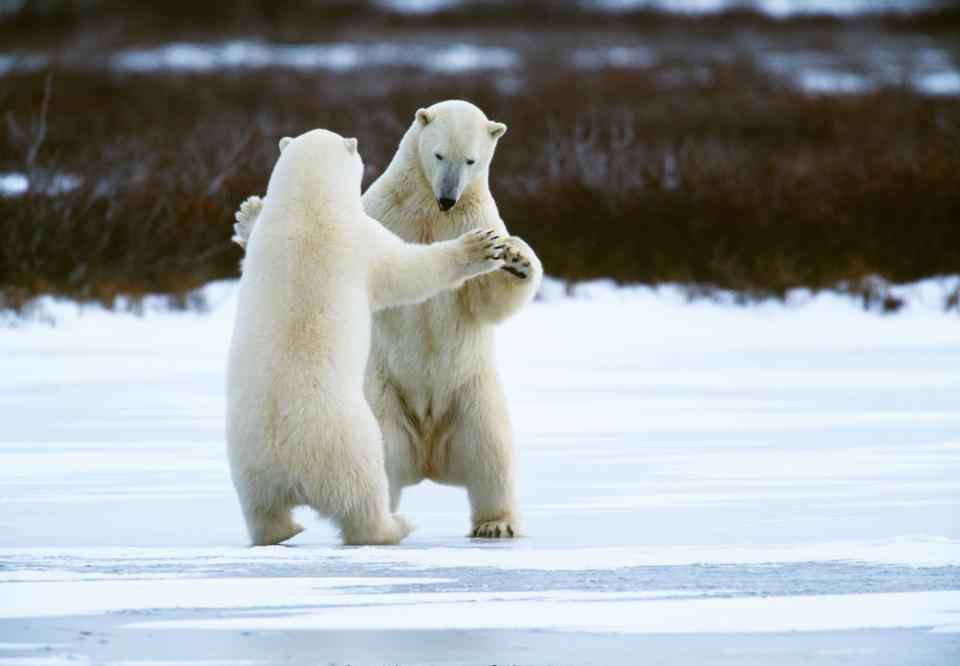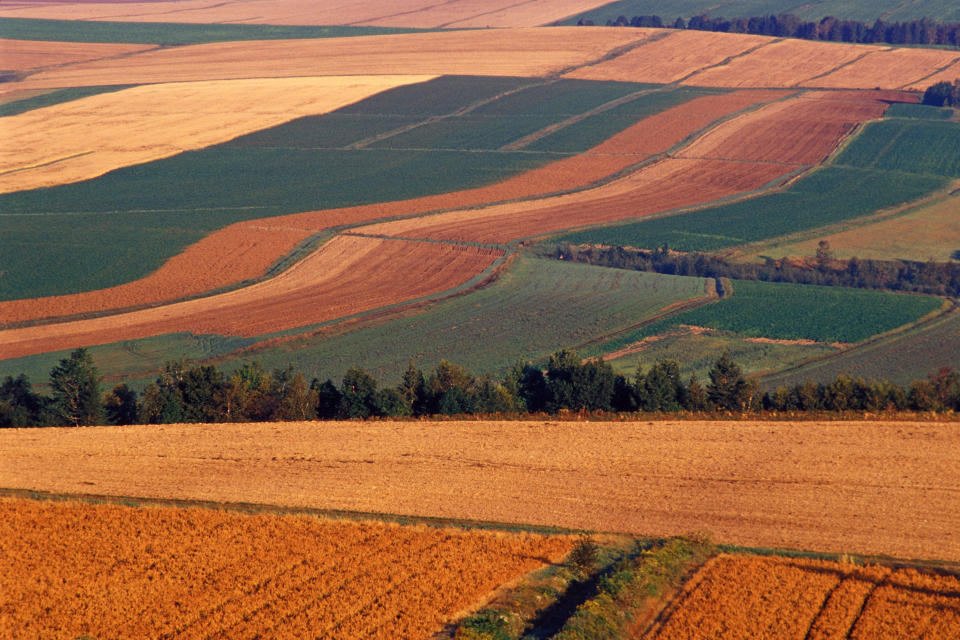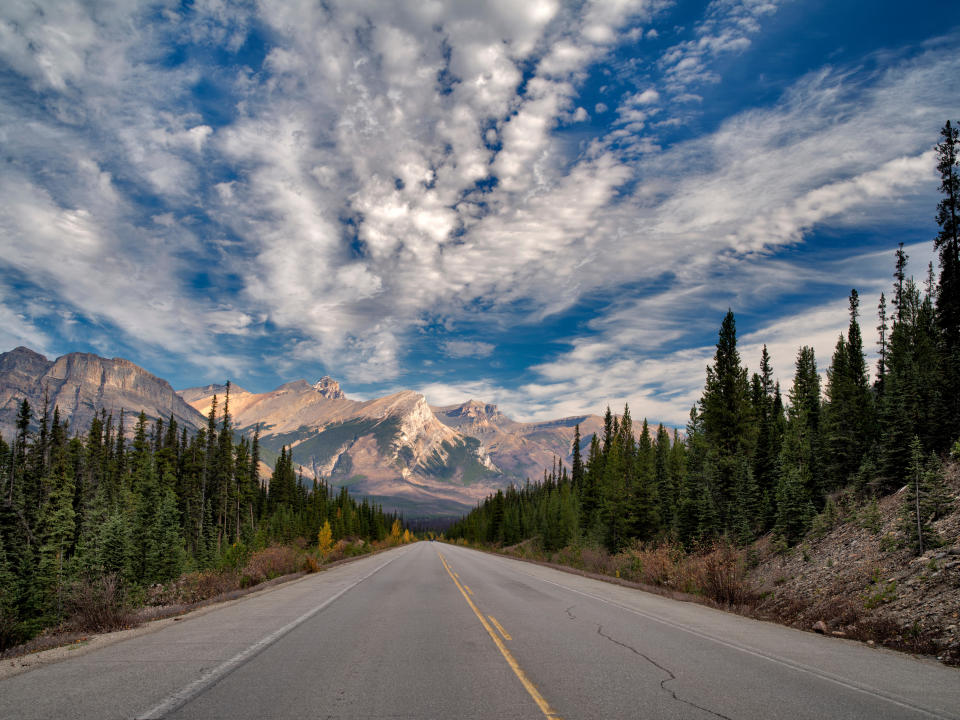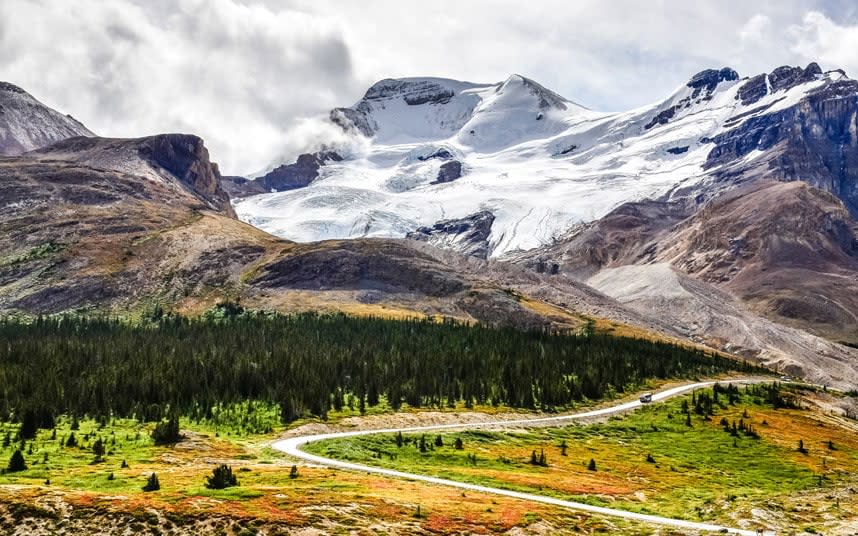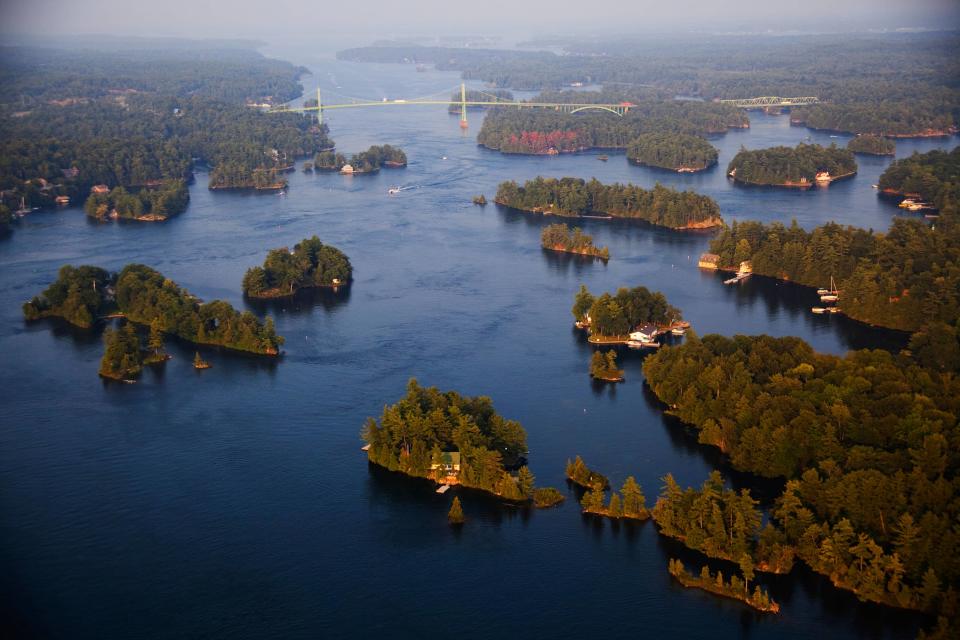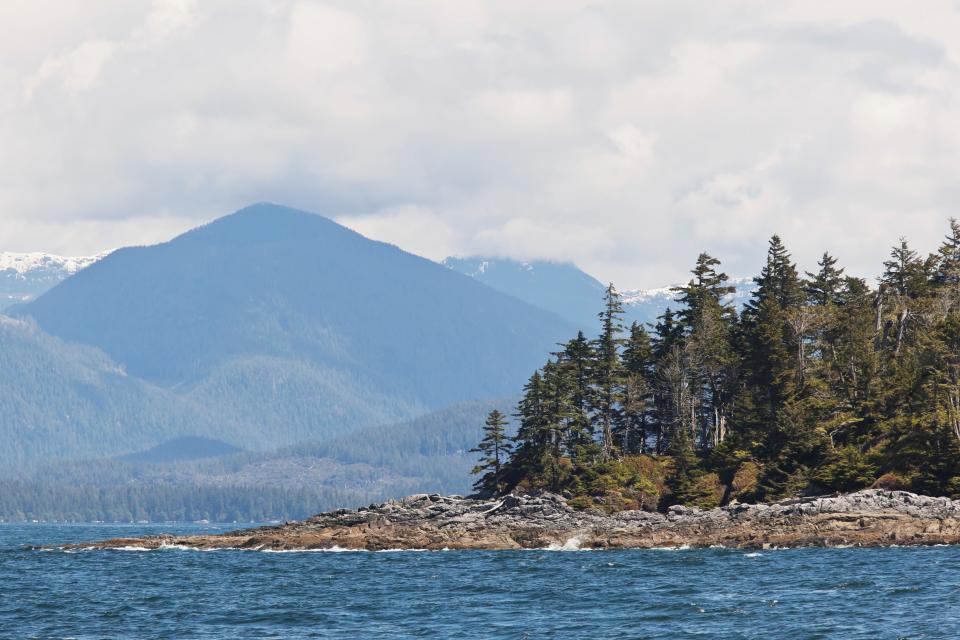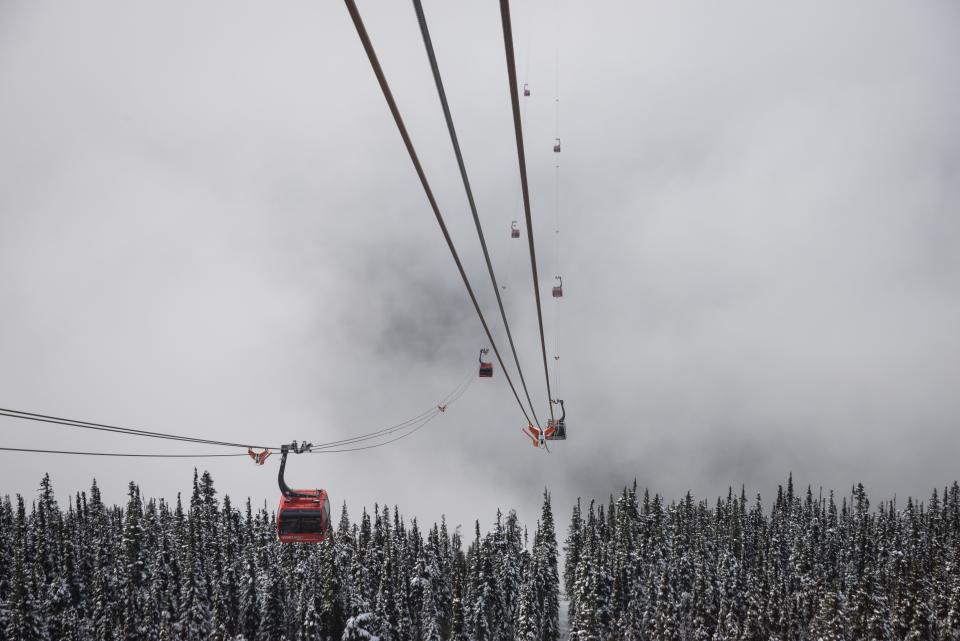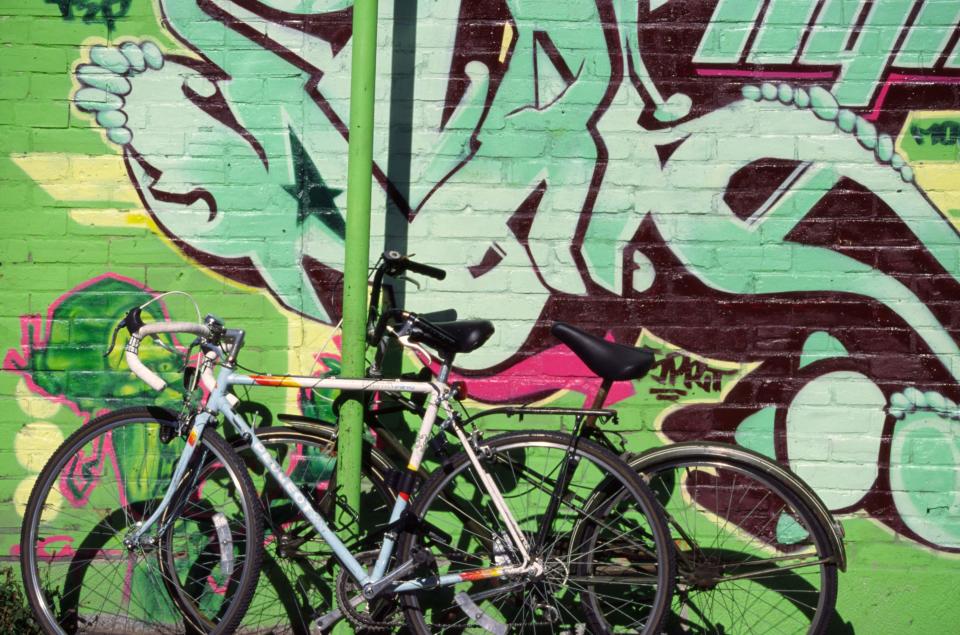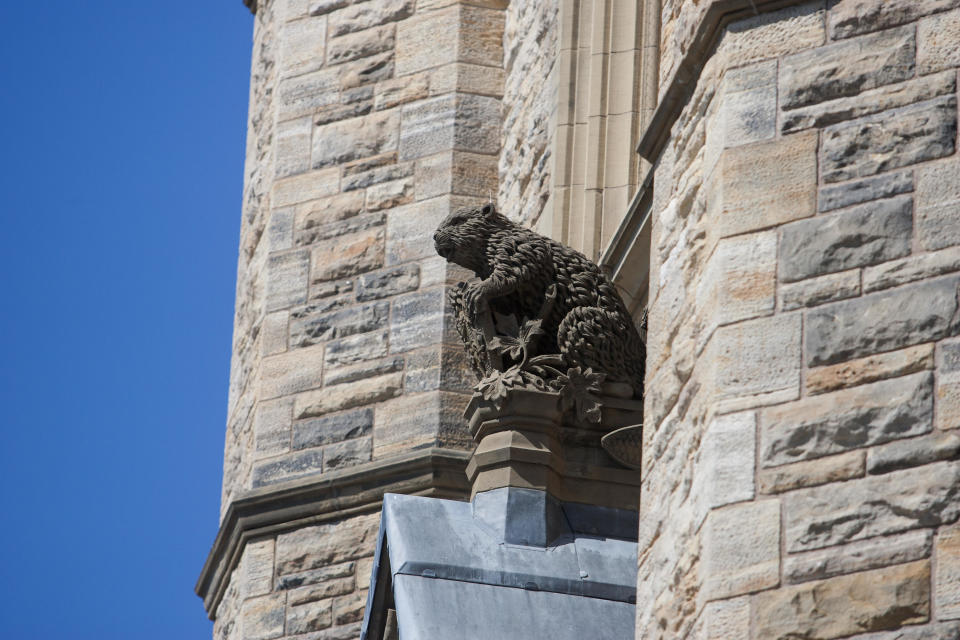How Canada intends to lure visitors from Trump's America
Canada is poised to capitalise on America losing its holiday appeal under Donald Trump.
The new president’s controversial travel ban has already “cast a shadow” over the country’s tourism industry, according to market intelligence provider, Euromonitor, while the World Travel and Tourism Council (WTTC) says bookings have already begun to falter.
“There have been reports that flight inquiries from Europe to the US have been down 30 per cent since the inauguration of President Trump,” said a spokesperson.
Today, a poll by HolidayExtra.com found that more than a third of British travellers are reconsidering travel plans to the States in the wake of Trump’s first weeks in office.
Neighbouring Canada, the nation with the closest likeness to the US, is the most likely beneficiary.
“It’s too early to what know effect Trump has had on the US, but Canada has in all honestly been selling unbelievably well for the last eight or nine months,” explained Nikki Davies, marketing director of Trailfinders. “The figures are huge, up 50 per cent, year on year, while the US has been tracking the same as last year.”
“We haven’t had any negative feedback from our clients in the States and the US remains our biggest seller, but if someone said they weren’t keen on going there now, I would automatically say to people, why don’t you think of Canada?”
Last summer, Cape Breton, an island in Nova Scotia made headlines with a tourism campaign entitled “Cape Breton if Trump Wins”. It later reported a 30 per cent surge in bookings.
Currently, Canadian Affair, one of the UK’s biggest Canada specialist tour operators is running a feature on its website, “Why Canada Trumps America”, in which it compares the two nations and says: “Ever since the 2016 US elections, millions of people around the world have been wondering, 'Why can’t America be more like Canada?’”
A spokesperson for the tour operator said it had seen “strong levels of enquiries and bookings for holidays to Canada for the last six months” but could necessarily attribute that to Trump or his travel ban, adding that the nation’s 150th birthday this could be a factor.
So what does Canada offer?
That Canada is incredibly popular at the moment is no surprise to Telegraph Travel. The world's second largest nation featured on our list of 20 destinations to visit in 2017.
“It’s hard to think of a country more beautiful or more varied – a good reason to visit at any time, let alone a year that promises to be one long, nationwide birthday party,” we wrote.
“The Canadian Rockies are well known. Less celebrated is the splendour of the scenery elsewhere. Pockets of British Columbia, for example, contain desert (around Osoyoos) and warm-wintered enclaves of vines and olives (the Okanagan). On the west coast, the Inside Passage features North America’s finest seascapes. Alberta’s prairies contain eerie badlands (at Drumheller); the autumn colours of New Brunswick are the equal of anything in New England. And over it all arches the vast, ethereal beauty of the Arctic.”
Much is made of the US National Parks. But Canada can more than hold its own in that department.
There's Banff.
Jasper.
Thousand Islands (where the sauce comes from).
And the Pacific Rim, to name but a few.
Canadian Affair reckons that the Canadian side of Niagara Falls is the “good side”. It says “On the American side you look onto massive industrial complexes in the distance, whereas on the Canadian side you look upon trees, countryside, and, you know, actual waterfalls.”
America’s northern neighbour also apparently boasts 35 million more hectares of protected wilderness, including most of the Great Lakes. Not to mention, its grand total of three million lakes, more than the rest of the world combined.
Another string to its bow would be its wintersports, with Canadian Affair claiming Canada’s skiing is better, citing how Whistler has more snow and trails than Vail. Indeed Telegraph Ski and Snowboard once reckoned that Revelstoke in British Colombia was the best ski resort in the world.
When it comes to cities, Canada does not have New York, LA or Vegas, but it does have Toronto, Montreal and Vancouver.
“Put simply, Toronto is fun,” writes our destination expert, Paul Wade. “With classy restaurants and top-notch theatre, opera, museums and art galleries, there is plenty to see and do. The thrusting skyscrapers downtown reflect the city’s status as Canada’s financial hub, but after hours, business folk swap suits for shorts and head outside. That is in the summer, of course; in winter, they pull on parkas and ice skates.”
And what of the ultra-hip Montreal? The second largest city in Canada, this vibrant francophone enclave is France's home away from home. The city's official language is French and spoken by more than half of the population. The French also lend the city its sense of cool, laid-back chic. It is a cultural hub with more than a few international flavours and boasts more than 100 festivals a year.
While Vancouver has more than a few times been named the “best place to live in the world” – must be its buzzy cultural life, a rich platter of ethnically diverse restaurants and a cosmopolitan population.
And did we consider the national animals? The resplendent bald eagle versus the conscientious beaver. We'll leave that for you to decide.
Just one final point to bear in mind. We know the Canadians are famed for their friendly, welcoming nature. But did you know that in October last year, when the US was hurtling towards one of the most divisive elections in its history, a group of considerate Canadians decided to make a video reminding the US of what makes it a great nation.
The group behind the video said: “As their closest friends and neighbours, we thought it was important for us to do something to cut through the negativity and help remind them that no matter how bad things might seem, there are a lot of reasons to believe that America is still pretty great.”
Too nice.

 Yahoo News
Yahoo News 
